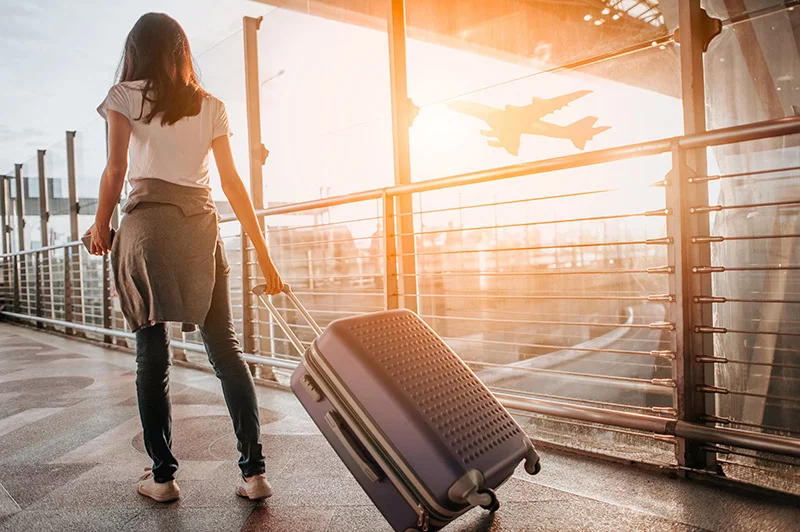April 5 ( Punjab Khabarnama) : Whether you are travelling home for Eid-ul-Fitr next week or heading out to embark on your next adventure to end Ramadan at a tourist destination where Eid vibes are high, it is crucial to prioritise your health and safety while travelling. In an interview with HT Lifestyle, Dr Manjusha Agarwal, Senior Consultant Internal Medicine at Gleneagles Hospital in Parel Mumbai, shared, “One of the simplest yet often overlooked tips is to stay hydrated throughout your journey. Dehydration can lead to fatigue, headaches and other health issues, so be sure to carry a reusable water bottle and drink plenty of fluids. Additionally, remember to pack a small first aid kit with essentials like bandaids, painkillers, and any necessary medications.”
With the rise of global travel, it is essential to take proper precautions to prevent illnesses such as food poisoning or traveler’s diarrhea. Dr Manjusha Agarwal advised, “When dining out, opt for freshly cooked foods and avoid street vendors with questionable hygiene practices. Be mindful of your belongings and stay alert to your surroundings, especially in crowded or unfamiliar areas. Wash your hands frequently with soap and water, or use hand sanitizer if soap is not available. Avoid touching your face to reduce the risk of germ transmission. Keep important documents secure and be cautious of scams or pickpocketing. Lastly, don’t forget about mental health – practice mindfulness techniques or meditation during moments of stress or anxiety while on the go. Prioritizing both physical and mental well-being will ensure a smooth and enjoyable travel experience without compromising your health.”
Dr Nidhi M Kamat, Consultant General Physician at Ramakrishna Hospitals in Bangalore’s Jayanagar, said, “In the holy month of Ramadan, most of our diabetic patients would want to maintain fasting as per their religious beliefs, it’s also a month where most of them would meet and greet a lot of people, which involves travelling and hosting elaborate meals. Go for a complete health check up 3 months before the holy month to understand their health status, they must also maintain strict blood sugar control for atleast 3 months prior to the fasting period, for optimum good health during the month, and to qualify for the fasting. Patients are also sensitised about the basic changes in the timing of anti diabetic medications that they are taking, insulins are also timed as per meals.”
Cautioning not to binge during the eating window, that is early morning and evenings, Dr Nidhi said, “Since they cannot eat small meals throughout the day, they must be advised to choose complex carbohydrates such as brown rice or millets during the eating window, they must be asked to include protein rich meals and less fatty food during the eating window to maintain stable blood sugar levels and adequate satiety hence, avoiding both high spikes and drop in blood sugar level during the fasting window. While travelling, one must not forget to carry their regular medications, insulin must be carried in appropriate cold chain to avoid it’s degradation. Meeting your general physician, before traveling and understanding the timings of administration of short and long acting insulin, especially when patients travel abroad, to adjust with the new time zones is advisable. Since Ramadan is during the summer season this year, hydration with water and foods rich in water content must be consumed.”
We wish our readers a healthy and happy Ramadan and Eid-ul-Fitr!

